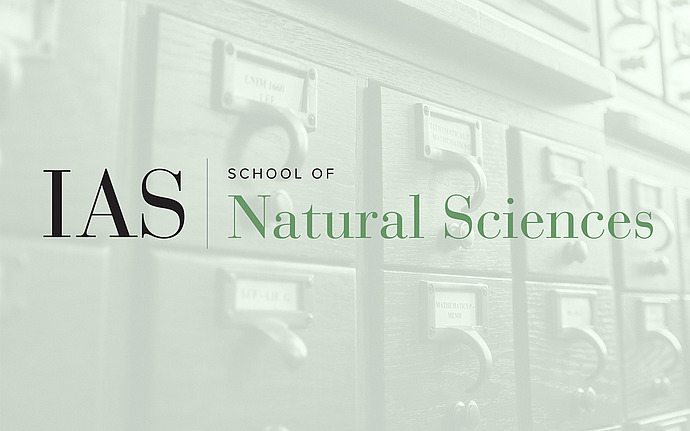
Princeton University Extrasolar Planet Discussion Group
A Tale of Two Surveys: Leveraging Keck/HIRES for a Holistic View of Exoplanetary Systems
Currently, our best window into the composition of exoplanets relies on the synergy of precise radii, mass, and stellar elemental abundance. The latter two measurements have been enabled chiefly by high resolution, ground-based spectroscopy of which Keck’s High Resolution Echelle Spectrograph (HIRES) has been one of the premier facilities for such observations for the past 30 years. In this talk, I will present the results of two surveys employing HIRES spectra.
First, I will describe a major program aimed at measuring the masses of high-priority TESS planet candidates: the TESS Keck Survey. I have led the effort to produce a fully uniform analysis of all radial velocity survey data, resulting in mass constraints for 127 planets and candidate signals. This represents the primary top-level outcome of our survey. In this work, I assess the success of our survey, finding we have achieved at least a 3-sigma mass constraint for 74 planets, in addition to confirming 33 new planets from the TESS mission. I also examine the validity of commonly used mass-radius relations and find that the Chen and Kipping 2017 relation systematically underestimates planet mass, which may have implications for future survey planning.
Next, I will discuss the Keck Abundance Project, a program to obtain precise stellar abundances for stars observed by HIRES. I have made measurements for 15 chemical elements, including those of primary importance to planet formation, for nearly 5,000 F, G, and K stars. These measurements were made with KeckSpec, an implementation of the machine learning tool the Cannon and I will describe the performance of KeckSpec across such a large sample. Among our sample, approximately 1,700 are known planet hosts, and their stellar chemical abundances are already serving as the relevant baseline for studies of their atmospheres.